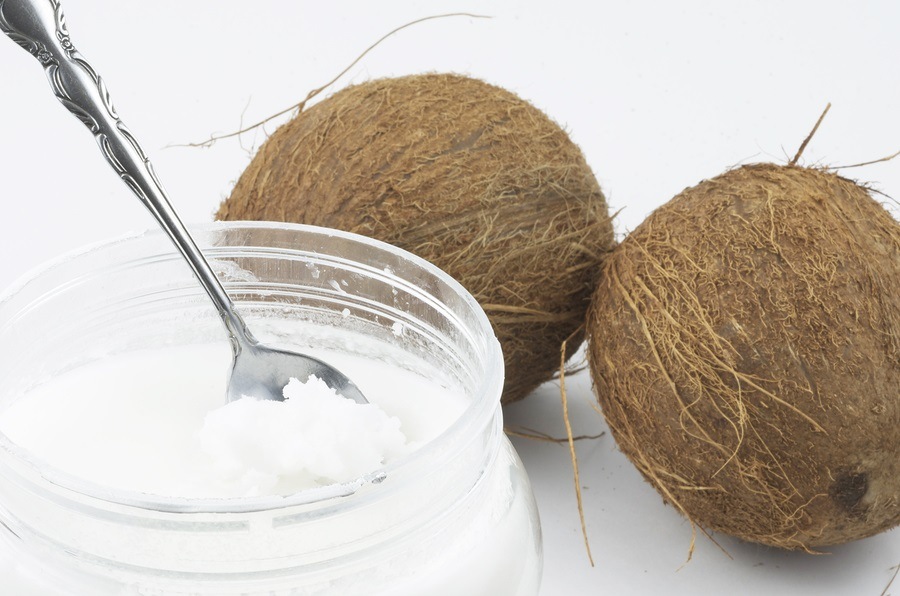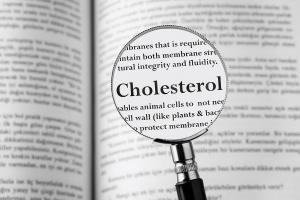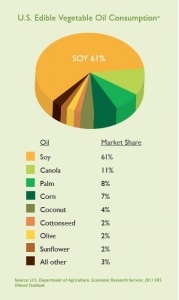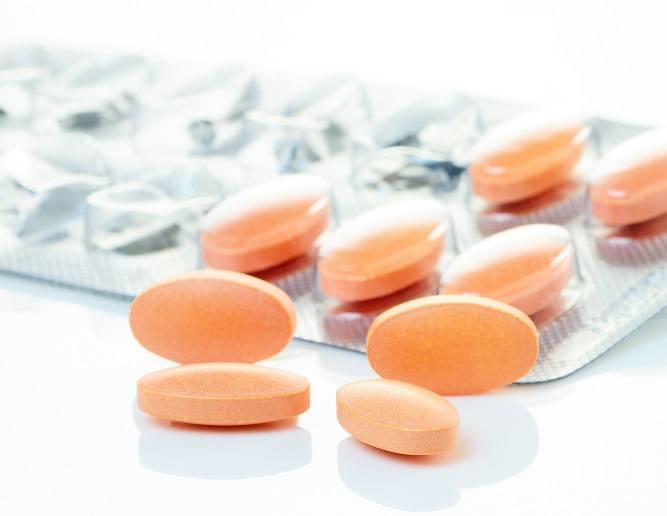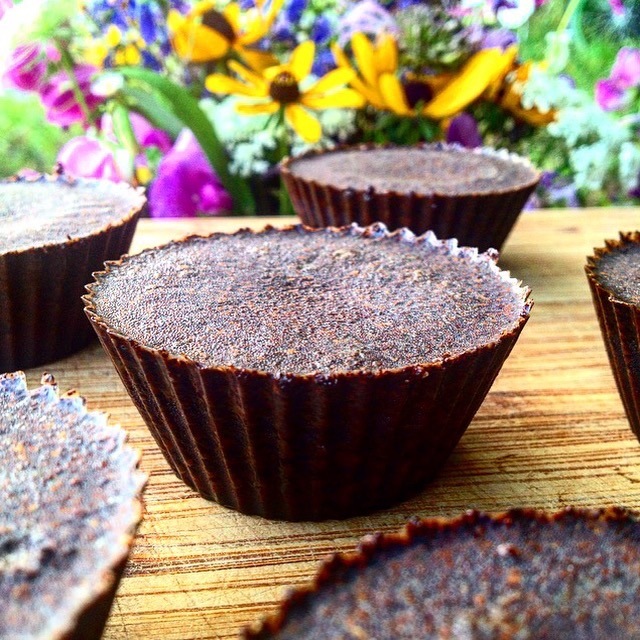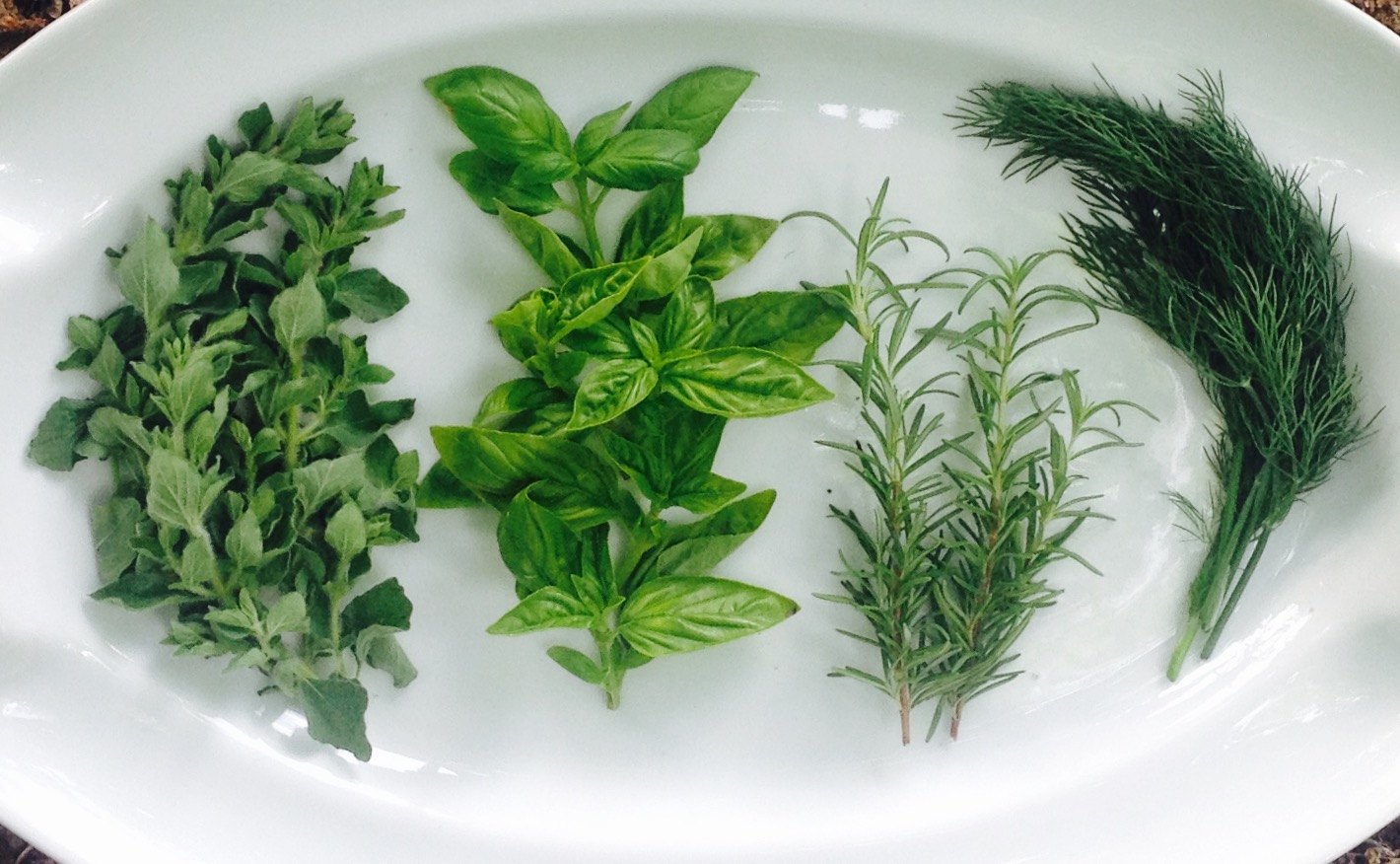Saturated Fat Helps Avoid Diabetes
About one in three Americans now has diabetes or pre-diabetes. That's nearly 80 million people, the majority of whom suffer from type 2 diabetes – a preventable and, often, reversible condition. The problem is that many Americans are unaware that the foods they're eating could be setting them up for a dietary disaster, and this isn't their fault. Public health guidelines condemn healthy fats from foods like butter and full-fat dairy and recommend whole grains and cereals – the opposite of what a person with diabetes, or any person really, needs to stay healthy. For the last 50 years, Americans have been told to eat a high complex carbohydrate, low saturated fat diet. Even diabetics have been told to eat 50 to 60 percent of their daily calories in the form of processed carbs! Research, including a new study involving dolphins, again suggests that this movement away from traditional full-fat foods is contributing to the rising rates of diabetes and metabolic syndrome across the globe.



